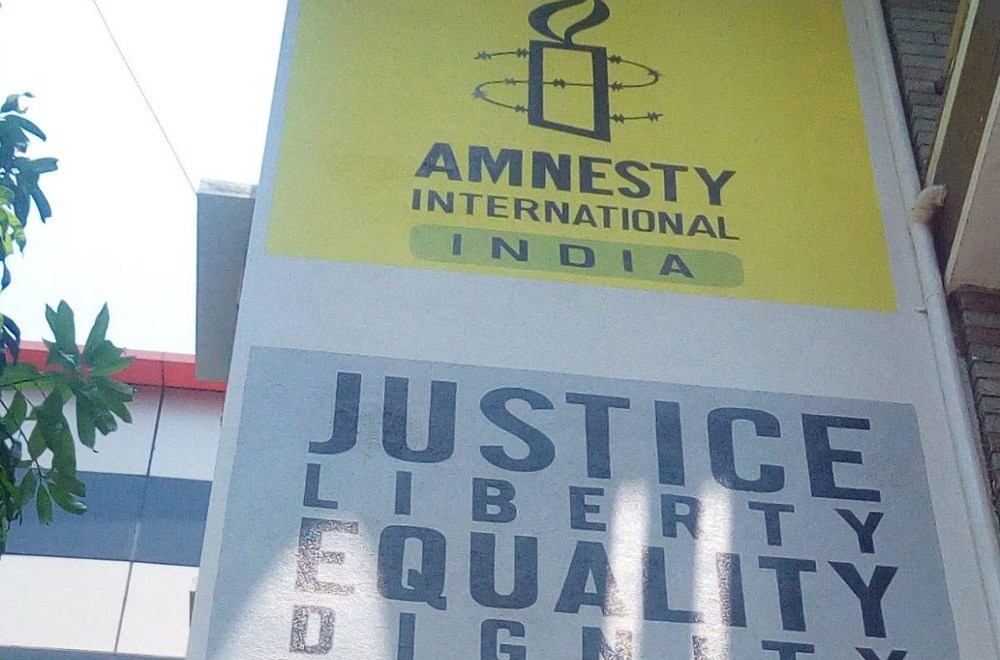The Indian branch of Amnesty International announced this week that its bank accounts have been frozen by the Indian government bringing all its work in the country to a halt. The organisation has been compelled to let go of staff in India and halt all its activities.
Amnesty International has a presence in over 150 countries around the world. The organisation accuses the Indian government of a “witch hunt” and listed a number of incidents since 2018.
“The constant harassment by government agencies including the Enforcement Directorate is a result of our unequivocal calls for transparency in the government, more recently for accountability of the Delhi police and the Government of India regarding the grave human rights violations in Delhi riots and Jammu & Kashmir,” Amnesty International said in a statement.
In 2019, Amnesty International testified before the US Foreign Affairs Committee during a hearing on human rights in South Asia, where it highlighted findings on arbitrary detentions, and the use of excessive force and torture in Jammu and Kashmir, by the Indian government.
In October 2018, the group's offices in the southern city of Bangalore were raided by Indian authorities. Its accounts were frozen at that time as well.
In early 2019, the group says dozens of its small donors were sent letters by the country's income tax department. Later in the same year, Amnesty International’s offices were raided, based on a case registered by India's home affairs ministry.
According to the government, Amnesty has broken the law by circumventing rules around foreign donations, something which the organisation denies.
India says that the law does not allow interference in domestic political debates by entities funded by foreign donations. Similar laws in force in other countries are criticised for suppressing civil society and freedom of expression.
Amnesty International India states that it operates through a distinct model of raising funds domestically for human rights work in India. More than four million Indians have supported Amnesty International India’s work in the last eight years and around 100,000 Indians have made financial contributions.
What has aggravated Amnesty’s situation in India is its criticism against the government for violation of human rights in Jammu and Kashmir. Amnesty also recently published an investigation of police brutality in riots in Delhi which allegedly claimed the lives of many people.
The situation in the Kashmir region deteriorated when India in August 2019 unilaterally revoked the autonomous status of the parts of Kashmir under its control and shut down their connections with the outside world. After the revocation of the special status of Jammu, the Valley of Kashmir and Ladakh, they are now directly ruled by Delhi under a heavy military presence.
According to a bi-annual report by Kashmiri NGOs on the situation of human rights in Indian administered Jammu and Kashmir, 229 people were killed in different incidents of violence during the first half-year of 2020. Among them were 32 civilians whose names and details are listed in the report.
The EU-India summit on 15 July touched on human rights issues but without mentioning the conflict in Kashmir and the controversial Indian citizenship amendment law discriminating against Indian Muslims.
At a press conference, European Council President Charles Michel said that the EU “took the position to continue a strong dialogue with India on human rights.” He confirmed that the citizenship law was raised at the summit and referred to it as an important issue for the European Parliament.
The Brussels Times

